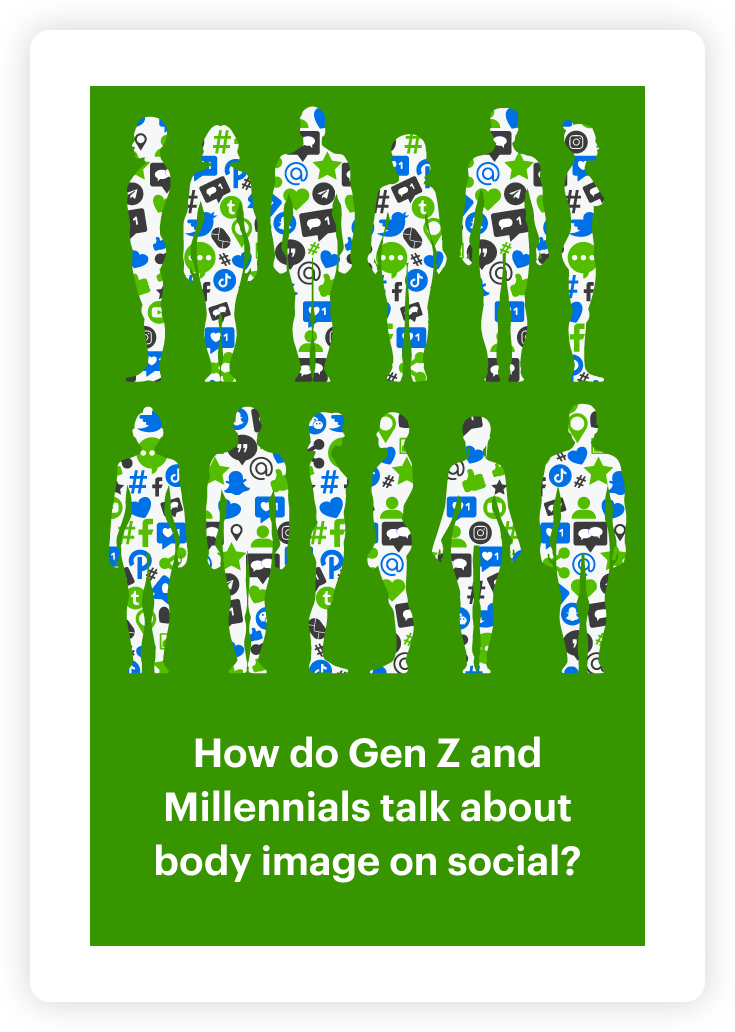Comparing US and UK Christmas holiday celebrations

There’s a big difference between saying Merry Christmas or Happy Holidays, and that’s because language matters. The choice of words we use are not only impacted by our geographical location – rather, they reflect our cultures and beliefs.
But to learn just how much location impacts our Christmas holiday celebrations, we pulled tweets mentioning Christmas or the holidays from the past month. Using Relative Insight, we compared tweets from the US and UK side by side to uncover the differences in how these two audiences speak and celebrate.
Relative Insight will highlight the statistically significant words, phrases, grammar and emotion seen more from one audience in comparison to another. Comparison adds a contextual layer to social analysis by discovering just what makes an audience unique.
UK Festivities
With the recent influx of omicron, it seems that even Christmas can’t lift spirits in the UK. Tweets mentioned words like covid, restrictions, rules, banning and health in relation to the word Christmas.
The threat of this new strain of COVID has left Brits feeling concerned and worried. They were significantly more likely to include words like fear, frustrating, and disappointed to describe their feelings for their 2021 holiday celebrations.

Surprise, surprise! Brits were also more likely than Americans to mention drinking around the Christmas period and they used words like wine, alcohol, pub and drink when discussing their plans for Christmas.

However, despite the fact they seem largely preoccupied with boozing – compared to Americans, Brits were more likely to view Christmas as a reciprocal time of year. Tweets frequently used the words share, sharing and exchange in reference to presents and spending time with friends and family during holiday celebrations.
US Holiday Celebrations
In the US, this exchange of gifts was described largely as giving and gifting. Americans were also more likely to say they are spending time with family, as opposed to the use of the word sharing that we saw in the UK.
Generally, Americans mentioned family more than Brits when talking about holiday celebrations. References were both positive and negative, with some cherishing time with loved ones and others grateful to avoid family drama.

Holiday spending was top of mind in the US. Tweets mentioned words like shopping, budget, spend, credit card and cash. This focus on gift-giving left many Americans going over budget buying gifts for loved ones.

Americans were also more likely to mention Christmas music on Twitter, and they discussed favorite Christmas classics and the age-old debate – should you start listening to holiday music before December 1?
And yes, Americans are more likely to call it the holidays, while Brits call it Christmas. This linguistic difference is pretty widely understood, and this analysis confirmed our assumption.
Geographic comparisons demonstrate how audiences from two different locations discuss the same topic. While both Brits and Americans take part in holiday celebrations, our unique cultures and current events shape our festivities and attitudes.
